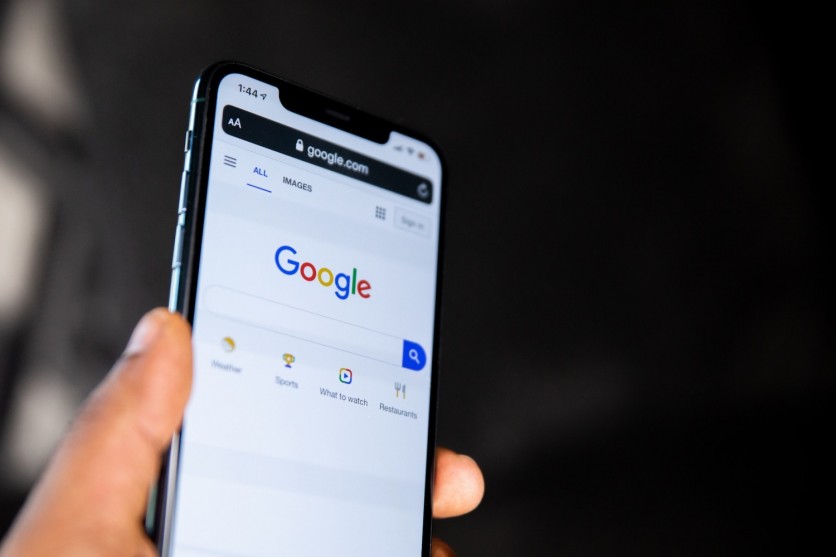Samsung and Google could potentially merge another product from the two tech giants as Google's 'nearby share' could soon be called 'quick share,' the exact name for Samsung's peer-to-peer file-sharing service, as per an Android Authority report.
The report states that Kamila Wojciechowska, a Pixel leaker extraordinaire, obtained a fresh version of the Google Play Services app, version 23.50.13. She spotted multiple signs in it indicating that Google may be renaming Nearby Share as Quick Share. These hints were reportedly posted earlier today on the leaker's X profile.

When exploring the Play Services app, Kamila discovered signs of a migration education flow for the new Quick Share experience. This and the new name show that the shift is more than just a rebranding. It is feasible that Google and Samsung may merge or at least make their two file-sharing systems compatible, potentially ending Samsung's 'quick share' exclusivity to Samsung devices.
Suppose the two Big Tech companies are indeed working together. In that case, it's possible that Samsung integrated the Nearby library into their Quick Share service to make it compatible with Nearby Share or that Google did the converse and included support for the Quick Share service into Nearby Share.
In any scenario, Samsung customers could potentially no longer have to worry about picking Quick Share when they meant to select Nearby Share while sharing a file with a non-Samsung Android user. Quick Share would be the only option to work with both Samsung and non-Samsung Android handsets.
Samsung and Google's Past Partnerships
This potential merger could be another one of Google and Samsung's collaborations with one another as the two have announced last 2022 that to advance smart home interoperability, users of Samsung Galaxy phones and tablets are now able to quickly add Matter-compatible products to both the SmartThings and Google Home ecosystems.
Users who visit the SmartThings app will be notified of Matter devices configured with Google Home and can simply onboard such devices to SmartThings, and vice versa.
Users could also use the SmartThings app or a Google Nest Hub to operate their smart home, and the gadgets will always available. Users will no longer have to manually add each of their devices individually, nor will they have to worry about whatever ecosystem their device was initially configured on.
In 2021, Samsung and Google also reportedly revealed that the two firms are integrating Wear OS - Google's operating system - with the Tizen-based software platform that has long formed the core of Samsung's wearables.
Rumors of Samsung Replacing Google Search Bar
Despite a history of solid partnerships, however, recent rumors, as the New York Times stated, indicated that Google's search bar could potentially be replaced within Samsung devices.
Employees at Google were reportedly taken aback in March when they learned that Samsung was considering replacing Google with Microsoft's Bing as the default search engine for their devices.
According to the same report, Google reacted to the Samsung threat with panic. The Samsung deal was worth an estimated $3 billion in yearly income. A further $20 billion is linked to a similar Apple deal that is set to expire this year.
This potential replacement, however, was quickly dismissed by Reuters, when it cited the Wall Street Journal reporting Samsung Electronics would not be switching its cellphones' default search engine from Google to Microsoft Corp's Bing.
Related Article : Samsung Sticks with Google as its Default Search Engine


![Apple Watch Series 10 [GPS 42mm]](https://d.techtimes.com/en/full/453899/apple-watch-series-10-gps-42mm.jpg?w=184&h=103&f=9fb3c2ea2db928c663d1d2eadbcb3e52)


